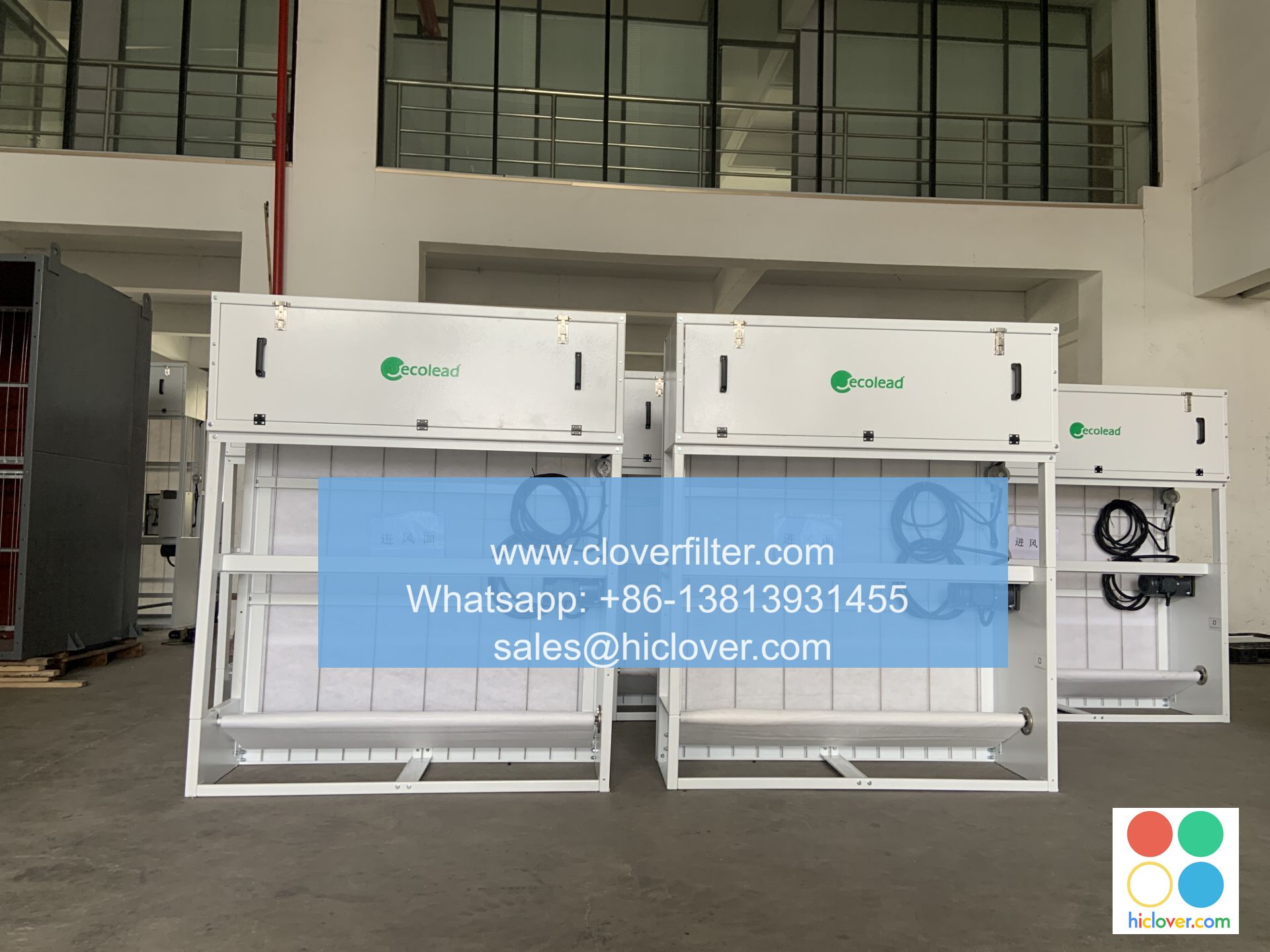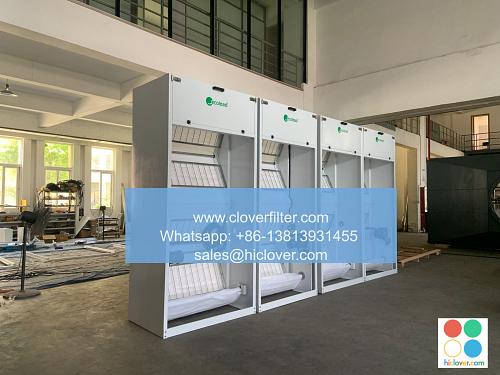The Effects of Air Filter Clogging on HVAC System Efficiency

Air filter clogging is a common issue that can have significant effects on the efficiency and overall performance of heating, ventilation, and air conditioning (HVAC) systems. In this article, we will explore the consequences of air filter clogging on HVAC system efficiency, highlighting various application areas, including residential HVAC systems, commercial HVAC systems, and industrial HVAC systems.
Introduction to Air Filter Clogging
Air filter clogging occurs when the air filter in an HVAC system becomes dirty or clogged with debris, such as dust, dirt, and other airborne particles. This can happen due to various reasons, including poor maintenance, low-quality air filters, and high levels of airborne contaminants. When the air filter becomes clogged, it restricts the airflow through the HVAC system, leading to a decrease in efficiency and performance.
Effects of Air Filter Clogging on HVAC System Efficiency
The effects of air filter clogging on HVAC system efficiency can be significant, and can include:
* Increased Energy Consumption: A clogged air filter can cause the HVAC system to work harder to heat or cool the air, leading to an increase in energy consumption and higher energy bills.
* Reduced Airflow: A clogged air filter can restrict the airflow through the HVAC system, leading to a decrease in the overall airflow and reduced indoor air quality.
* Increased Wear and Tear: A clogged air filter can cause the HVAC system to work harder, leading to an increase in wear and tear on the system’s components, such as the compressor, fan motor, and coil.
* Reduced System Lifespan: A clogged air filter can reduce the lifespan of the HVAC system, leading to premature system failure and the need for costly repairs or replacement.
Application Areas
Air filter clogging can have significant effects on various application areas, including:
* Residential HVAC Systems: In residential applications, air filter clogging can lead to increased energy bills, reduced indoor air quality, and premature system failure.
* Commercial HVAC Systems: In commercial applications, air filter clogging can lead to increased energy consumption, reduced system performance, and negative impacts on indoor air quality.
* Industrial HVAC Systems: In industrial applications, air filter clogging can lead to increased energy consumption, reduced system performance, and negative impacts on product quality and safety.
Prevention and Maintenance
To prevent air filter clogging and maintain HVAC system efficiency, it is essential to perform regular air filter maintenance, including:
* Regular Air Filter Cleaning: Regular cleaning of the air filter can help remove debris and dirt, preventing clogging and maintaining HVAC system efficiency.
* Air Filter Replacement: Regular replacement of the air filter can help ensure that the HVAC system is operating at peak efficiency and performance.
* System Inspection: Regular inspection of the HVAC system can help identify potential issues, including air filter clogging, and prevent premature system failure.
In conclusion, air filter clogging can have significant effects on HVAC system efficiency, highlighting the importance of regular maintenance and prevention. By understanding the effects of air filter clogging and taking steps to prevent it, individuals and organizations can help maintain the efficiency and performance of their HVAC systems, reducing energy consumption, improving indoor air quality, and extending system lifespan. You haven’t provided a question or topic for me to respond to. Please provide more context or ask a specific question, and I’ll do my best to assist you.

